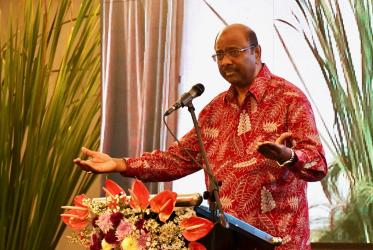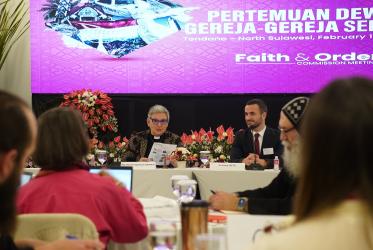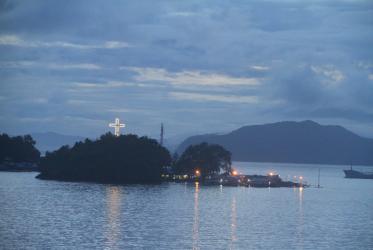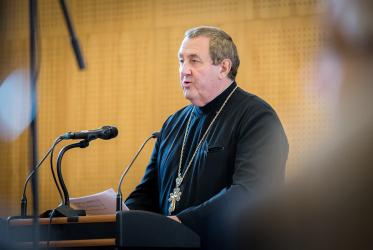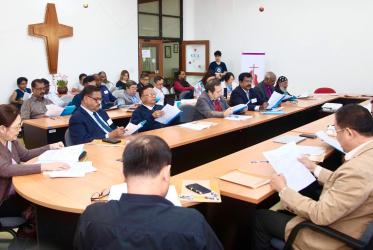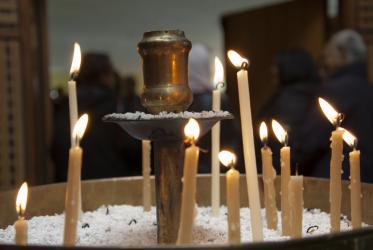Mostrando 1 - 20 de 115
WCC Commission on Faith and Order gathers with hope at the heart
03 Febrero 2024
In a COVID-stricken world, “everyone is important”
23 Octubre 2020
CCIA meets in Brisbane with focus on Pacific regional priorities
19 Febrero 2020
The cry of the Papuans in Indonesia
14 Noviembre 2019
